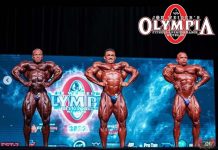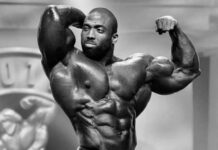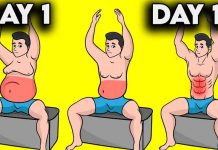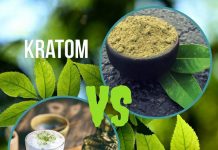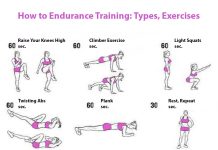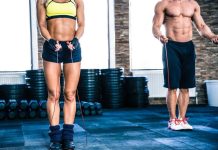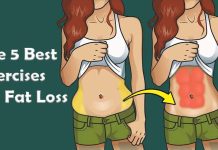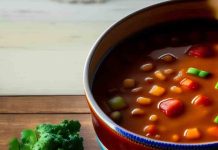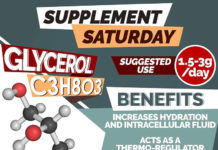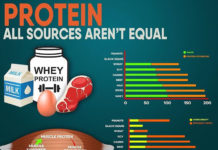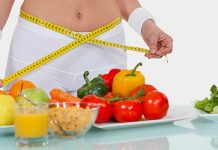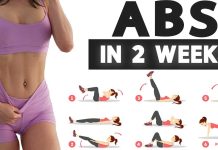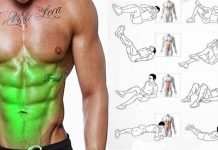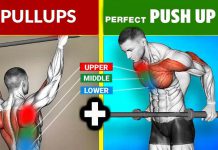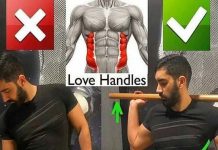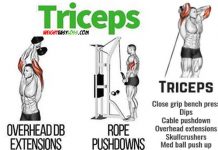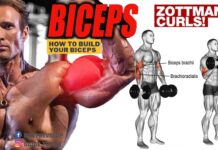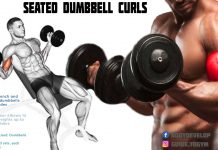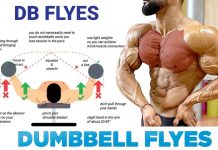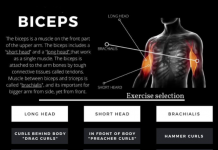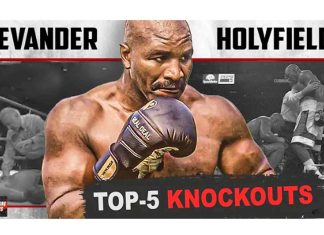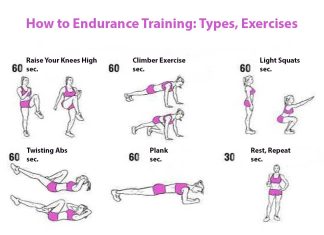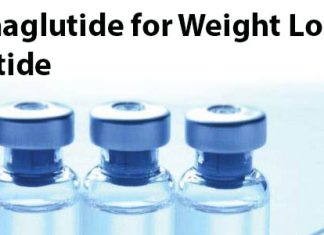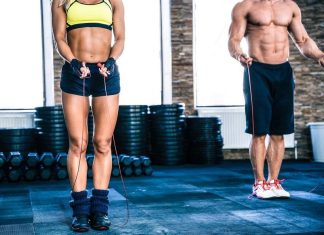Sports diet
[wp_ad_camp_1]
Eating an athlete for weight loss plays a role no less than the quality of training. So, the daily menu of the athlete must contain enough calories, BJU, vitamin-mineral complexes and, of course, protein must be introduced into the diet.
General rules
The sports diet for weight loss is designed to solve several problems:
- Provide the athlete’s body with the amount of energy necessary for intensive physical exertion;
- Provide sufficient protein for muscle growth and strength;
- “Enrich” the body with vitamins, minerals, trace elements – this is an indispensable condition for a “healthy” metabolism;
- “Supply” the required amount of liquid.
athlete’s ration
[wp_ad_camp_4]
So, the athlete’s diet includes:
[wp_ad_camp_1]
[wp_ad_camp_2]
- Carbohydrates (the norm is 5-10 g per 1 kg of body weight of the athlete) – the exact figure is determined by the age, gender and level of physical fitness of the athlete;
- Proteins (protein) – the daily norm of these compounds is 1 g per 1 kg of body weight of the athlete, in the case of active massonage – 2 g. The task of proteins is muscle growth and restoration of damaged tissues, these are structural elements of myocytes.
- Fats. Do not abuse this component of the diet – the maximum fat content in the daily menu should not be more than 30% of the total number of calories (while fats must be exclusively of vegetable origin).
- Given that during an intense training athlete loses a lot of fluid, water deficiency in the body should be regularly replenished. Thus, the minimum daily fluid norm is 2.5 liters, the exact figure depends on the age, body weight, sex of the athlete and the level of his physical activity during the day.
- Vitamin-mineral complexes. Unfortunately, not all useful substances can be obtained from food, so it is better to take care of buying pharmaceutical products or dietary supplements.
The best sources of protein:
[wp_ad_camp_2]
[wp_ad_camp_1]
- Chicken breast;
- Eggs;
- Low-fat dairy products;
- Sea fish.
- Sources of protein
Useful fats:
- Olive and linseed oil;
- Fish fat;
- Nuts;
- Avocado.
- Sources of unsaturated fats
The “right” carbohydrates:
[wp_ad_camp_4]
[wp_ad_camp_1]
- Buckwheat, rice, oatmeal;
- Macaroni products from durum wheat;
- Vegetables and fruits.
- Sources of correct carbohydrates
In order for the training indicators to grow, it is important not only the structure of the diet, but also the diet of the athlete. Food intake before training should be carried out no later than 2 hours before the beginning of the session. At this time, it is necessary to “load” the body with slow carbohydrates and, of course, protein.
In 30 minutes after training, you can use a small amount of fast carbohydrates to make up for the energy reserve (this can be a glass of fruit juice and a banana), and after two hours you need a full meal (protein).
Proper sports nutrition, aimed at losing weight, should be a fractional, frequent, regular, saturated enough fiber and vitamins. This is the approach to building a daily diet called to “launch” the mechanism of active fat burning during classes.
Additional recommendations
To the sports diet, there are still some important requirements:
- Proteins of various origin (animal and vegetable) should be included in the diet;
- Food should be fresh, natural, it is recommended to prepare dishes on their own according to individual needs;
- Vegetables and fruits should not be subjected to heat treatment – fresh fiber will bring much more benefit to the athlete’s body;
- There is a need for regular, small portions (so the nutrients will be absorbed much better);
- Food should be thoroughly chewed;
- Drinking is allowed half an hour before meals and 30-60 minutes after it, between meals should also use a sufficient amount of liquid;
- It is necessary to observe the diet, the last meal should be no later than 3 hours before bedtime;
- It is recommended to use vitamin and protein cocktails.
- Vitamins and protein cocktail
[wp_ad_camp_1]
Sample menu
[wp_ad_camp_5]
Consider a schematic version of the athlete’s daily diet:
- Breakfast: 1 fruit, 100 grams of oatmeal, a glass of low-fat milk;
- 1 snack: 2-3 tbsp. l. unprocessed rice, fruit;
- Lunch: boiled or baked chicken breast (150-200 g), several spoons of buckwheat;
- 2 snack (snack): a glass of low-fat yogurt or vegetable juice;
- Dinner: a portion of baked beef, a handful of boiled corn.
Obviously, the concept of “sports diet” is very general. The daily set of products and diet are extremely individual, they are caused by a number of factors: body weight, age and sex of the athlete, his training goals in this time period, the amount of energy consumption, etc.
At the first stages it is better to entrust the solution of such an important task as making a daily menu to a professional (a nutritionist or a trainer).




